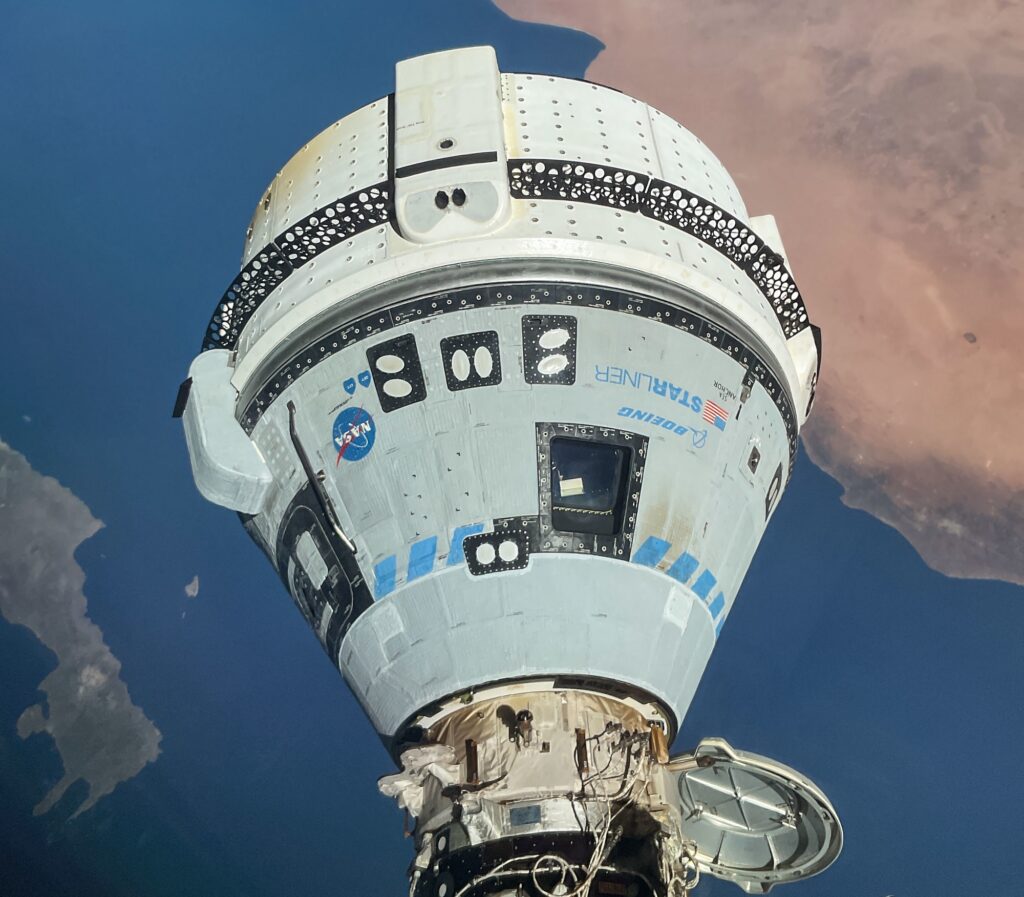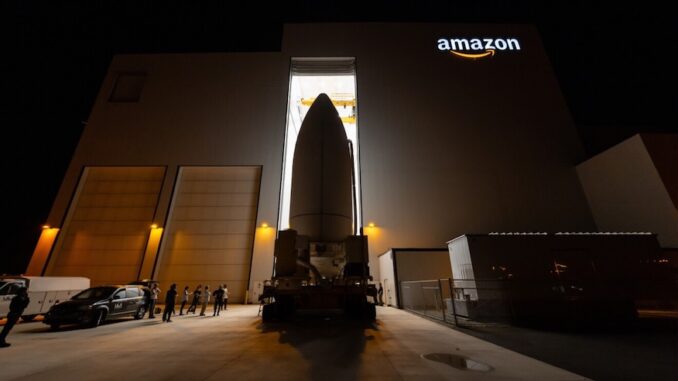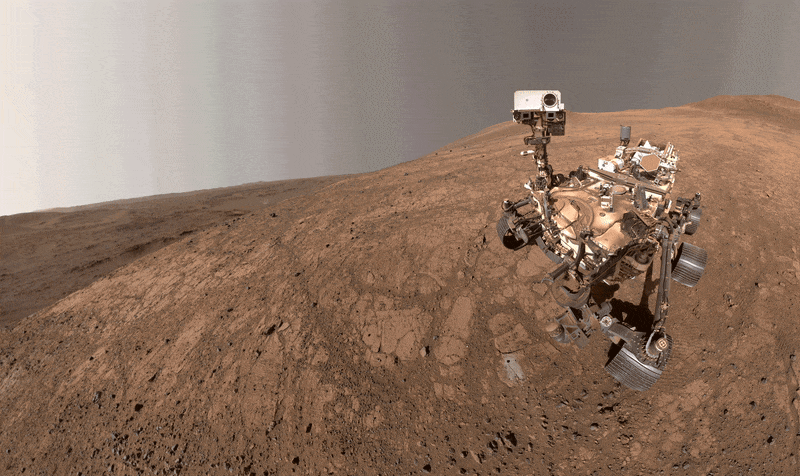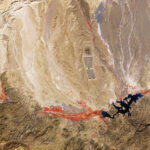Now Reading: With strategic acquisitions, Rocket Lab pursues prime defense contractor status
-
01
With strategic acquisitions, Rocket Lab pursues prime defense contractor status
With strategic acquisitions, Rocket Lab pursues prime defense contractor status
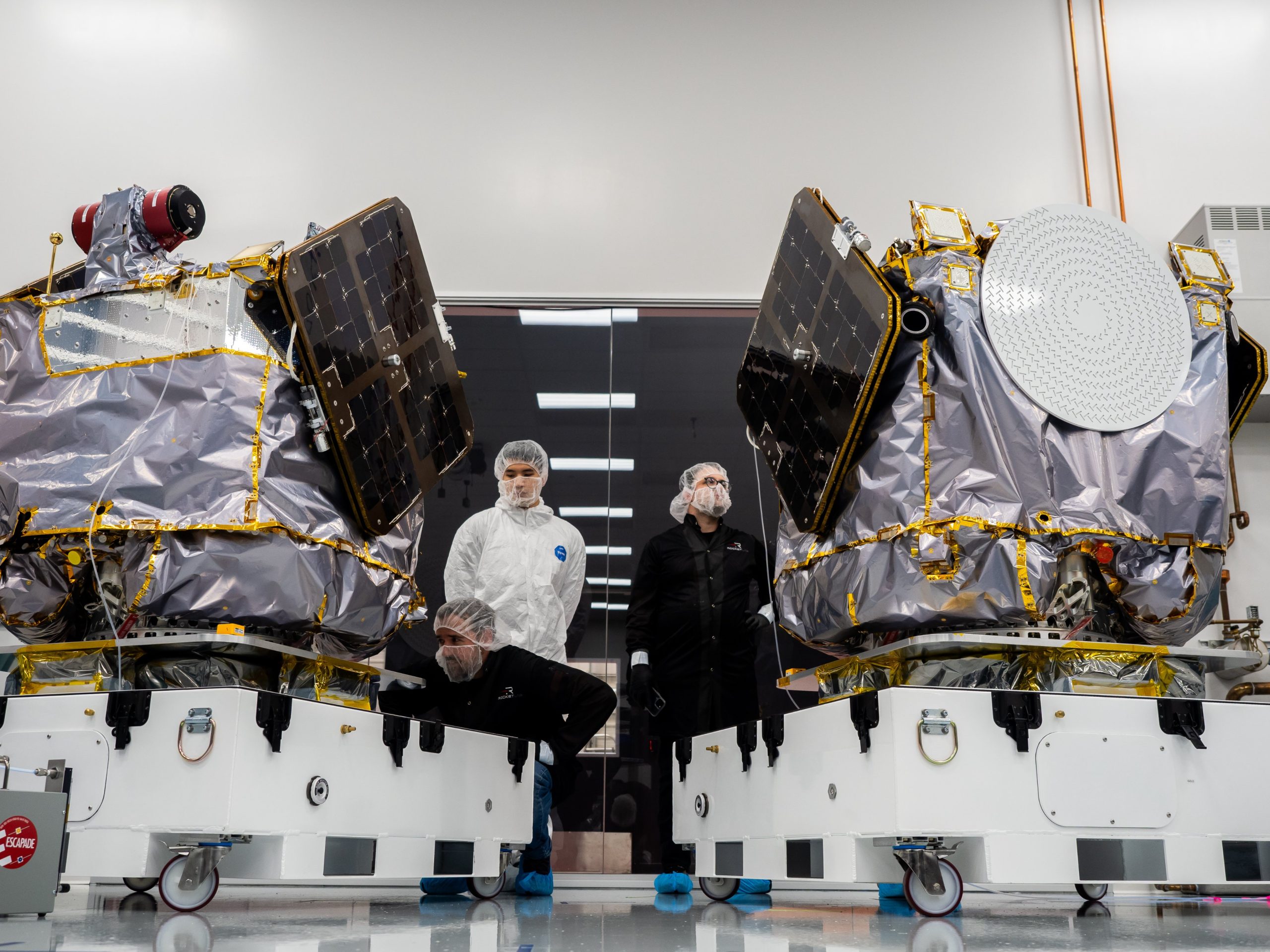

WASHINGTON — Rocket Lab’s $275 million acquisition of satellite payload provider Geost is just the latest move in a broader campaign to establish itself as a serious contender for U.S. military satellite contracts.
“We’re not done,” Rocket Lab CEO Peter Beck said in an interview, hinting at more acquisitions to come. The company, once focused narrowly on launching small satellites, is now positioning itself as what Beck calls a “disruptive, nontraditional prime” — a full-spectrum defense contractor capable of building and deploying entire satellite systems for military customers.
The company is pitching agility, vertical integration and manufacturing speed as its competitive edge. “We want to make sure that we are positioned to be exactly what the U.S. government is asking for,” Beck said, “and that is, a new, disruptive prime that can deploy at a cost, in a frequency that hasn’t been achieved yet.”
Rocket Lab’s strategy has centered on acquiring key technologies and bringing them in-house to control cost, reduce schedule risk and ensure component availability. Since 2020, it has bought up five companies in rapid succession, each providing critical pieces of the satellite supply chain.
These include Sinclair Interplanetary, which makes satellite hardware; Advanced Solutions Inc., a software and guidance systems developer; Planetary Systems Corp., which builds satellite separation systems; and SolAero Holdings, a manufacturer of space-grade solar panels. The company is also in the process of acquiring Mynaric, a German supplier of optical communications terminals used for satellite-to-satellite laser links.
Beck said the decision to acquire Mynaric came after Rocket Lab selected the company’s terminals for its satellites under a $515 million contract with the U.S. Space Development Agency (SDA). “We chose Mynaric as our optical terminal in our SDA program because we believed it was the best. It was the lightest and the highest performing terminal,” he said. But like many space startups, Mynaric struggled to ramp up manufacturing. “That’s just something we’re really good at,” Beck added.
‘Watch this space’
Rocket Lab does not own the entire supply chain for its SDA satellites, but Beck said the company now controls “a large majority of the high-risk items that have caused issues in the past.” One such risk area identified by SDA is satellite propulsion — fueling speculation that propulsion could be the focus of Rocket Lab’s next acquisition. Beck declined to confirm, saying only, “Watch this space.”
The defense market, Beck argues, is overdue for new blood. “The sector is ripe for disruption,” he said, pointing to SDA’s proliferated constellation of low-Earth orbit satellites and missile-defense initiatives like the Golden Dome system as evidence of growing demand for fast, lower-cost deployments.
“These programs are typically dominated by the large defense primes,” Beck said. “But the way we’ve built these kinds of things in the past won’t work going forward.”
At the same time, Rocket Lab plans to maintain its role as a component supplier, continuing to sell Geost payloads and Mynaric terminals to other contractors. But the long-term play is to build the capacity to deliver entire systems — design, manufacture, integration and launch — under one roof.
“This will not be our last acquisition,” Beck said of the Geost deal. “We’ll continue to build the scale and the capability of the company. The opportunities in national security are extremely large. So we want to make sure that we can play within those large opportunities. And this gives us a good anchor point to be able to do that.”
Stay Informed With the Latest & Most Important News
Previous Post
Next Post
-
 01Two Black Holes Observed Circling Each Other for the First Time
01Two Black Holes Observed Circling Each Other for the First Time -
 02From Polymerization-Enabled Folding and Assembly to Chemical Evolution: Key Processes for Emergence of Functional Polymers in the Origin of Life
02From Polymerization-Enabled Folding and Assembly to Chemical Evolution: Key Processes for Emergence of Functional Polymers in the Origin of Life -
 03Astronomy 101: From the Sun and Moon to Wormholes and Warp Drive, Key Theories, Discoveries, and Facts about the Universe (The Adams 101 Series)
03Astronomy 101: From the Sun and Moon to Wormholes and Warp Drive, Key Theories, Discoveries, and Facts about the Universe (The Adams 101 Series) -
 04Φsat-2 begins science phase for AI Earth images
04Φsat-2 begins science phase for AI Earth images -
 05Hurricane forecasters are losing 3 key satellites ahead of peak storm season − a meteorologist explains why it matters
05Hurricane forecasters are losing 3 key satellites ahead of peak storm season − a meteorologist explains why it matters -
 06Thermodynamic Constraints On The Citric Acid Cycle And Related Reactions In Ocean World Interiors
06Thermodynamic Constraints On The Citric Acid Cycle And Related Reactions In Ocean World Interiors -
 07Binary star systems are complex astronomical objects − a new AI approach could pin down their properties quickly
07Binary star systems are complex astronomical objects − a new AI approach could pin down their properties quickly












